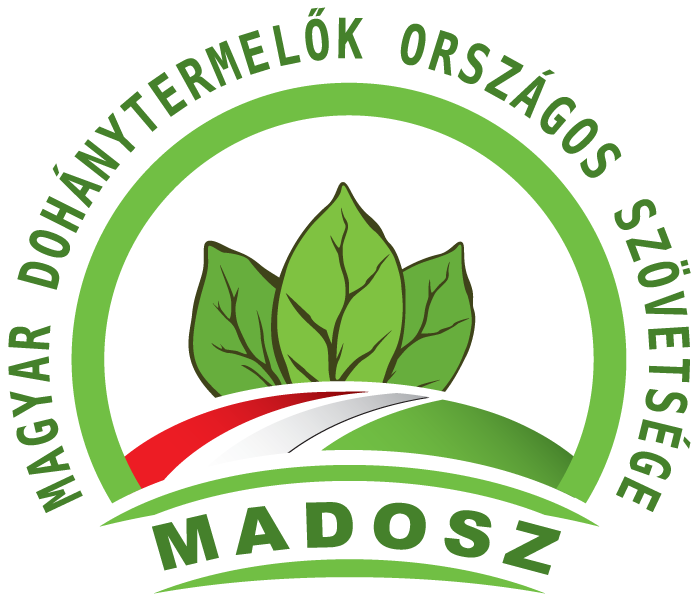Supporting tobacco growers after 2010 .......
2010. febr. 2. 7:53:53Supporting tobacco growers after 2010 by reducing the social and economic impact of the dogmatic decisions taken by the European Union
Brussels, 27 January 2010
The dogmatic application of the Tobacco CMO reform means that this year’s harvest could well be the last for European tobacco growers. All possible avenues must be explored to ensure that these farms survive after 2010.
THE REGULATION FRAMEWORK
Since it was established in 1970 the Tobacco CMO was based on a system known as “deficiency payment”: because of the heavy dependence on imports (the level of self-supply being under 30%) these imports were hardly taxed, a subsidy is paid for each kilo produced to compensate for the difference between a low world price linked to the low labour costs in exporting countries and a price that takes into account the economic standards of our countries. This system, amended in the 1992 and the 1998 reforms, was seriously challenged in 2004, as a result of heavy pressure from anti-tobacco lobbies and a fundamental reform of the CAP.
In April 2004, therefore, the Ministers’ Council voted a two-stage ruling for the tobacco CMO (Ruling 864/2004 inserted in 1782/2003).
- A phase 2006-2009 which laid down a minimum decoupling of 40%: most of the principal producing countries, with the notable exception of Greece, opted for this partial 40% decoupling which led to a weakening of the social and economic potential of the sector. Total decoupling, chosen by four countries (Austria, Belgium, Cyprus and Greece) predictably resulted in the collapse, and even the disappearance of tobacco growing in these countries.
- A second phase 2010-2013 involving a total decoupling of 50% of the previous subsidy with the remaining sums no longer allocated to the growers but used for the restructuring of the production zones, including conversion to non-agricultural activities, within the framework of the second pillar of the CAP.
Despite the efforts of the sector, supported by the European Parliament which has come to the defence of the profession on several occasions, the Agriculture Ministers’ Council on 19 November 2008, on the subject of the CAP Health Check, confirmed the application of the CMOs second phase, despite the serious economic and social damage it was likely to inflict.
A VITAL ADAPTATION
The first phase led to a loss of volume of 30%, with even more dramatic consequences for the economic and social fabric which was especially damaged in Greece, a country that served as a sort of test for the second phase.
The second phase, which is totally discrimatory, as no other crop has had its subsidiaries reduced by half, may lead purely and simply to the cessation of tobacco growing if no alternative solution is found for the farmers, either through the Health Check, or through Rural Development.
Indeed, if it is clear that the market must play its part, and that a significant increase in the commercial price must be obtained, this will not totally compensate for the loss of subsidies and could lead to a total disconnection with the world market, at a moment when Europe is highly dependant on imports (25% self-supply) and represents merely 4% of world production.
All producing countries, therefore are currently working on an adaptation of the Health Check regulations (art. 68) and the second pillar (agro-environmental measures, subsidies to modernise farms etc) to reorient part of the lost subsidies to the growers and the sector.
This work is taking place principally with national public authorities that must inform Brussels’ Commission of these measures in order to avoid any inter-community distortion of competition. For its part, the European Commission must demonstrate the degree of flexibility which is expected from the new Commissioner CIOLOS after the intransigence of Mrs FISCHER BOEL, in order to adapt the horizontal regulations and their financial level to the specific characteristics of tobacco growing. This is the challenge for the weeks ahead.
The sector counts on the European Parliament, which, fully aware of the reality in the field and the social and economic stakes, has on numerous occasions demonstrated its total support by backing these actions within the new context of co-decision making. In this way, it will allow European tobacco growing to play its driving, irreplaceable role in our rural European regions, a role which has been clearly demonstrated by different official studies including that of the University of Hohenheim, sponsored by the European Parliament ComAgri.
UNITAB
































